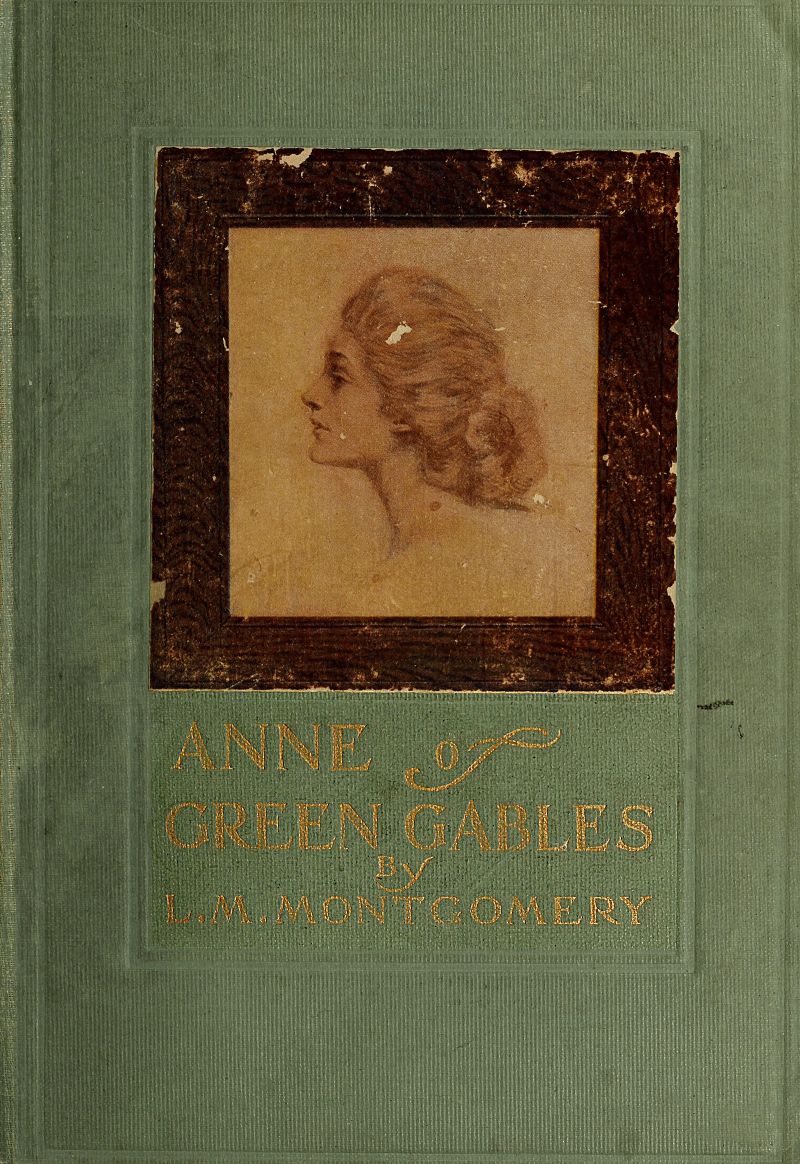For all of the constant rain showers that help grow flowers, Reads writers share some of their favorite works exploring natural phenomena and environmental change.
Katherine Silk, contributing writer
“Emily of New Moon” (Lucy Maud Montgomery)
“Anne of Green Gables” is a classic, but Lucy Maud Montgomery’s lesser-known counterpart, “Emily of New Moon,” is an equally wonderful read. Emily Starr, the titular character, is an impulsive, imaginative, inspiring girl who loses her father at the young age of 12, and is sent to live with her aunts.
Her relatives try to be good people, Emily feels, but they don’t understand the mysterious “flashes” that Emily experiences — moments of unearthly joy when she feels that she is drawn closer to an enchanted realm of beauty. Nor do they empathize with her poetic instincts, or her urges to run into the forest in the middle of the night, exalting the spectacular beauty of the nature around her.
Most of Emily’s new classmates are similarly unsympathetic, or downright mean, but after a few false starts at finding companions, Emily befriends a motley crew of oddballs: Ilse, Teddy and Perry, who are able to understand her artistic abilities and love for nature. The four of them embark on a series of escapades together, and even solve the mystery of how Ilse’s mother died.
Overall, the book is a charming story about vivacious children. And as we head into spring, we can try to view nature from Emily’s point of view, appreciating the beauty of the nature around us.
Sarah Kim, staff writer
“No Impact Man” (Colin Beavan)
You’ve heard the buzz about Captain Marvel, but what about No Impact Man? Colin Beavan, the aforementioned environmental hero-of-sorts, takes going green to the extreme and chronicles his yearlong journey of living in New York while creating nearly zero environmental impact. This includes foregoing electricity, packaging, carbon-emitting transportation (hello, rickshaws) and more. Beavan’s writing is an assemblage of humorous anecdotes intermixed with philosophical pondering and the dire realities of global warming. While he’s been praised by fans and dismissed by cynics who believe that change must come from the powers that be (namely, politicians and industry), Beavan admits that the greatest difference he made through the project wasn’t creating less trash. Instead, his experiment caused a ripple effect that inspired thousands to change their habits and learn how to live in ways that are better for the Earth and themselves.
After reading this book, I found myself appreciating my ability to bike to class, realizing I don’t really need straws and carefully considering the choice of landfill, plastic or paper. As Beavan states, “Collective action is nothing more than the aggregation of individual actions.” Take reading this book as your first step (and not to worry, the book is made from 100 percent recycled paper).
Lily Nilipour, staff writer
“The Log from the Sea of Cortez” (John Steinbeck)
As someone whose primary education was suffused with Steinbeck’s most famous works, I have to say my idea of his writing was that it was sometimes interesting, sometimes boring, and mostly about things I didn’t much care about.
But for a class last year, I picked up a copy of “The Log from the Sea of Cortez.” This book is Steinbeck’s journal entries from a sea expedition he took with biologist Ed Ricketts during March and April of 1940. Far from the linear storytelling I was used to, “Log” surprised me with its blend of scientific observation and philosophical musing. Unlike Steinbeck’s other novels I have read, which are all still heavily influenced by his interest in nature, this fusion between fiction and nonfiction is an interesting experiment with non-teleological thinking in science. Using anecdotes throughout the trip as jumping-off points, Steinbeck philosophizes about the nature of nature as he is in the midst of nature, ultimately questioning our need to explain and categorize what we observe in the natural world.
Shana Hadi, Reads desk editor
“The Rememberer” (Aimee Bender)
Bender’s short story begins with the unforgettable phrase, “My lover is experiencing reverse evolution.” This sentence characterizes the story’s surreal exploration of how humans have ceased just “being”; we overthink too much until “there is no space for anything but dreaming.”
Annie, the narrator, sadly cares for her lover Ben as he “regresses” through the evolutionary timeline from human to unicellular organism. With warmth and care, she tends to his needs even as he transforms into an ape and a sea turtle in need of a salt pan, though eventually she finds her limits when he becomes a salamander, and she sets him free along the ocean shore. This timeline becomes a through line to trace Annie’s loss of her love with Ben’s evolutionary regression and retreat from larger society.
Interspersed with thoughtful reflections on the necessity of occasionally setting aside logic for more passionate endeavors, the story poignantly examines the essential qualities of “humanity” and what it entails. After distancing oneself from nature and its messiness, and instead glorifying “thought” (whatever this means), what remains? Perhaps Ben saw no other escape from constantly “being sad about the world” besides transforming into more primitive forms where he no longer had to worry. Nevertheless, Annie keeps watch over their catalogue of shared memories, hoping he will one day return; as she says, “It is my job to remember.”
Contact Reads desk editor Shana Hadi at shanaeh ‘at’ stanford.edu.
